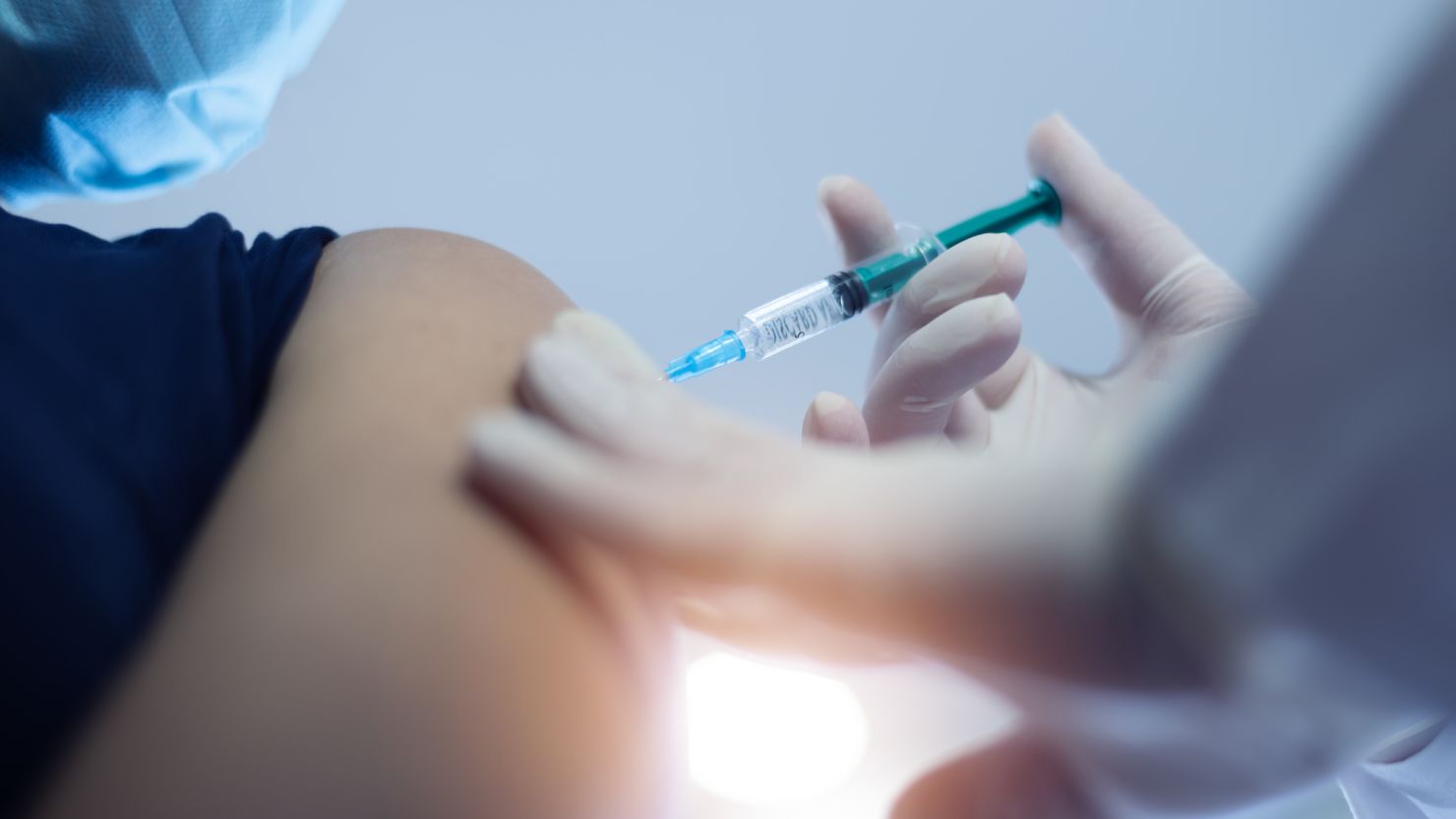With the fall respiratory virus season just around the corner, major US pharmacy chains have begun rolling out flu and RSV vaccine appointments.
Walgreens is now offering both kinds of shots, the company said Tuesday. Anyone 3 or older can get a flu shot, and adults 60 and older are eligible for the RSV vaccine.
Rite Aid also plans to announce availability of those vaccines soon, spokesperson Catherine Carter says.
CVS is now scheduling flu vaccinations, as well as allowing walk-in vaccinations at certain pharmacies, spokesperson Amy Thibault said. The chain is also preparing to offer the new RSV shots.
Walmart, Publix and Kroger?have not responded to requests for comment about their vaccine plans.
Rite Aid, CVS and Walgreens say they will also offer the new Covid-19 vaccines once they’re available. But before anyone can get those shots, the FDA will have to authorize or approve them, and the US Centers for Disease Control and Prevention will have to recommend them.
In June, the FDA recommended that Covid-19 vaccine manufacturers make single-strain booster shots for this fall and winter that would target the Omicron subvariant XBB.1.5. They will be the first Covid-19 vaccines made available directly from the manufacturers as part of the commercial market, rather than through the US government.
Last month, US Department of Health and Human Services Secretary Xavier Becerra advised the CEOs of Pfizer, Moderna and Novavax that they should plan for the fall’s vaccine supply and regulatory submissions in enough time for the FDA to act. Becerra also recommended that the CDC make recommendations on the vaccinations “by the latter part of September.”
Pfizer CEO Albert Bourla said on an earnings call Tuesday that his company expects the FDA to give its updated Covid-19 booster the green light by the end of August, with vaccinations beginning in September.
Who should get vaccinated this fall?
The US Food and Drug Administration approved the world’s first RSV vaccines, from GSK and Pfizer, this year.
The shots will offer protection for a demographic that is particularly vulnerable to the virus, experts say.
Dr. William Schaffner, a professor of infectious diseases at the Vanderbilt University Medical Center, is enthusiastic about the new vaccines.
“I would certainly suggest that everyone age 60 years and older [get the vaccine], particularly those individuals who have chronic underlying illnesses” such as diabetes, heart disease or lung disease, he said, adding that the risk of complications from RSV only goes up with age.
RSV, or respiratory syncytial virus, is a highly contagious virus that causes flu-like illness in people of all ages. Although RSV is often associated with babies and young children, it can also be dangerous for seniors.
In the US, as many as 160,000 older adults are hospitalized with RSV each year, and thousands die as a result of their infection. The RSV hospitalization rate among seniors in the most recent season was higher than it’s been for at least six years, according to data from the CDC. There were also high levels of flu, and the virus that causes Covid-19 is still in circulation.
“What most folks don’t realize is that RSV often – year in and year out – causes as much respiratory illness [as] influenza,” Schaffner said.
There are no FDA-approved RSV vaccines for people under 60 years old. Last month, the agency approved an antibody to prevent the virus in infants up to 24 months of age. The drug now awaits recommendation from the CDC.
Schaffner recommends that everyone 6 months or older get their flu vaccine, especially older adults, those with chronic health conditions and pregnant people.
When should you get vaccinated?
Adults 60 and older should get their RSV vaccines as soon as possible, Schaffner says, because protection will probably “extend throughout this [RSV] season.”
People looking to get their flu and Covid-19 shots should do so around October, he says. Both shots can be given on the same day, usually one in each arm.
Those who want all three vaccines should get their RSV vaccine well before or after their flu and Covid-19 shots, Schaffner says.
Get CNN Health's weekly newsletter
- Sign up here to get The Results Are In with Dr. Sanjay Gupta every Tuesday from the CNN Health team.
“Give it about two weeks before or after you receive the other vaccines,” he said, adding that not much is known about how the new RSV vaccines interact with those against flu and Covid-19.
As with most inoculations, Schaffner says, people getting the new RSV vaccine may have some soreness in their arm, but that should not deter people from getting their shot.
The biggest challenge health providers face will be motivating older Americans to get three shots this fall, he said.
“We’re going to have to organize ourselves and be very persuasive to get older persons into their clinics, doctors, senior citizens centers, pharmacies, in order to get all of their vaccines,” Schaffner said. “We’ll be learning how to do that this year.”

